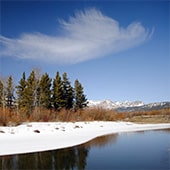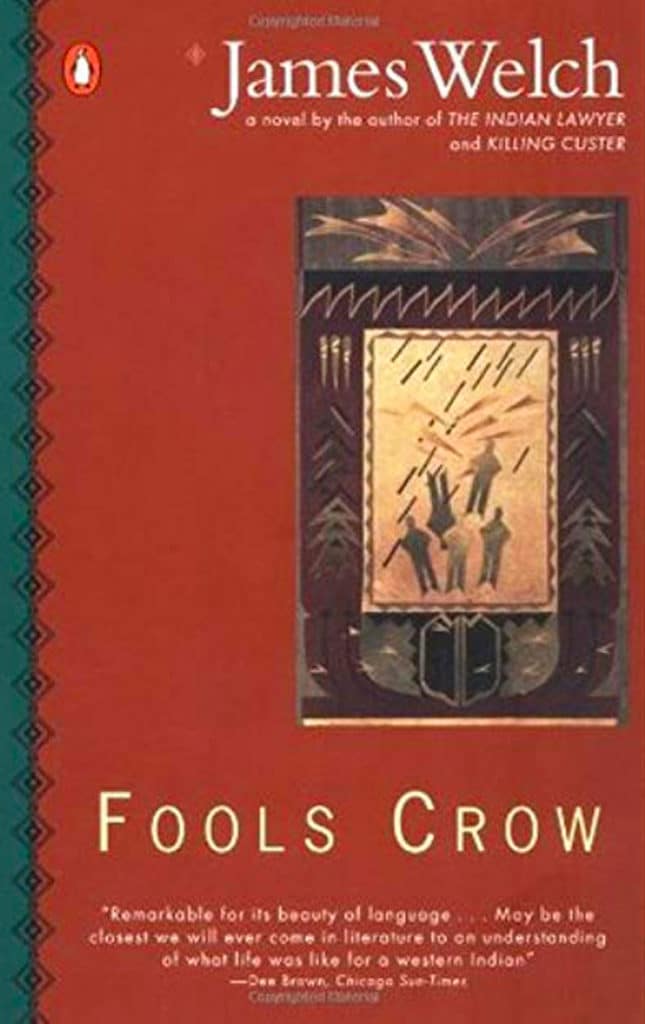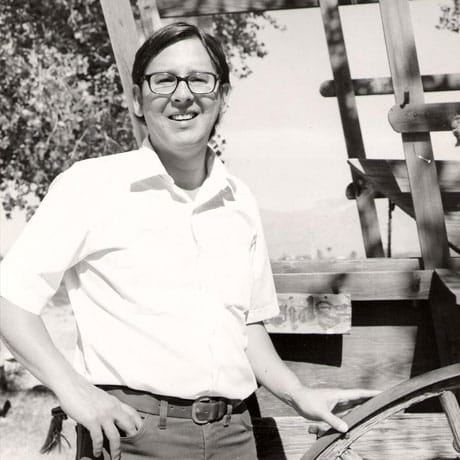Fools Crow: Lone Eaters’ Winter Camp
Now that the weather had changed, the moon of the falling leaves turned white in the blackening sky and White Man’s Dog was restless. He chewed the stick of dry meat and watched Cold Maker gather his forces. The black clouds moved in the north in circles, their dance a slow deliberate fury. It was almost night, and he looked back down into the flats along the Two Medicine River. The lodges of the Lone Eaters were illuminated by cooking fires within. (3)
Welch, James. Fools Crow. New York: Penguin Books, 1987.



